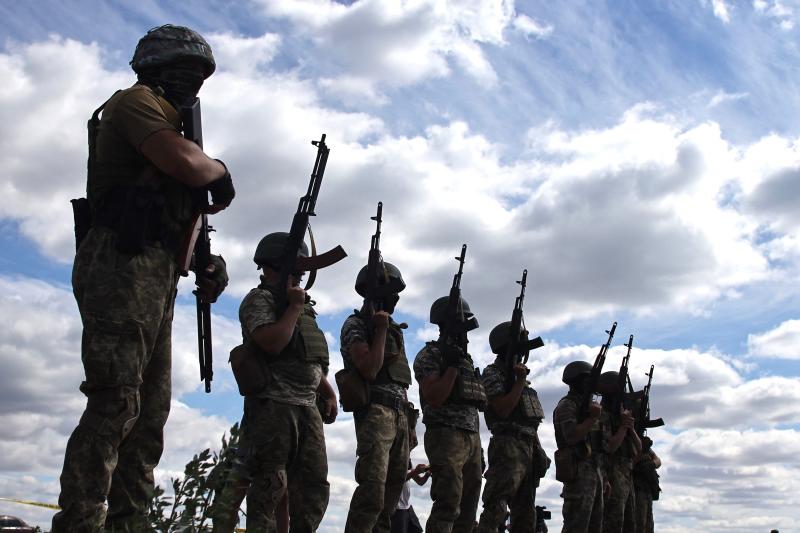
Structural changes in geopolitics are likely to create more risks for the Thai economy next year, warns the state planning unit's chief.
Danucha Pichayanan, secretary-general of the National Economic and Social Development Council (NESDC), said the ongoing war in Ukraine is expected to become more complex and unpredictable, potentially becoming a greater geopolitical risk in 2023.
"Several factors are driving this elevated risk, starting with structural changes in the geopolitical environment that includes a more competitive world order, rising economic inequality and political dysfunction globally," Mr Danucha said.
He said geopolitics will lead to a disruption of the supply chain, which will inevitably affect Thai manufacturing. Thai entrepreneurs need to prepare ahead for better management of the supply chain, said Mr Danucha.
"Thailand should not get involved in conflicts," he said. "It should use better political management to cope with the new world order to survive both economically and politically. Persistent conflicts will result in higher inflation this year and next."
However, Mr Danucha remains upbeat about the country's economy growing by 3% this year and 3.7% in 2023, driven by exports, recovering private consumption and tourism.

"Despite the impact of Russia's invasion in Ukraine on the global economy, exports, notably for food, remain a key driver of Thailand's economic growth," he said.
"The tourism recovery will also play an important role in supporting growth, as foreign visitor numbers are projected to reach 7-10 million this year."
According to Mr Danucha, several countries' economies could see 5-7% growth this year because of their rapidly recovering manufacturing sectors, unlike Thailand where tourism, which before the pandemic accounted for 17-20% of GDP, is still seeing a slow recovery.
Mounting pressure from inflation, energy prices, the global economic slowdown and the ongoing conflict between Russia and Ukraine prompted the NESDC on May 17 to lower its economic growth forecast to 2.5-3.5% for the year, down from the previous forecast of 3.5-4.5% in February. The projection is based on Dubai crude oil prices of US$95-105 per barrel, which is much higher than the previous projection of $72-82 a barrel. Another factor was China's economic slowdown.
For 2022, according to the NESDC, Thailand's main support factors will be improving domestic demand, the recovery of domestic tourism, and the ongoing expansion of exports.
The export value of goods in US dollar terms is projected to grow by 7.3% this year, up from 4.9% in the previous estimate, with imports expected to rise by 10.9%, up from 5.9% in the earlier forecast.
Headline inflation is expected to be in the range of 4.2–5.2%, up from 1.5-2.5% in the previous forecast.







